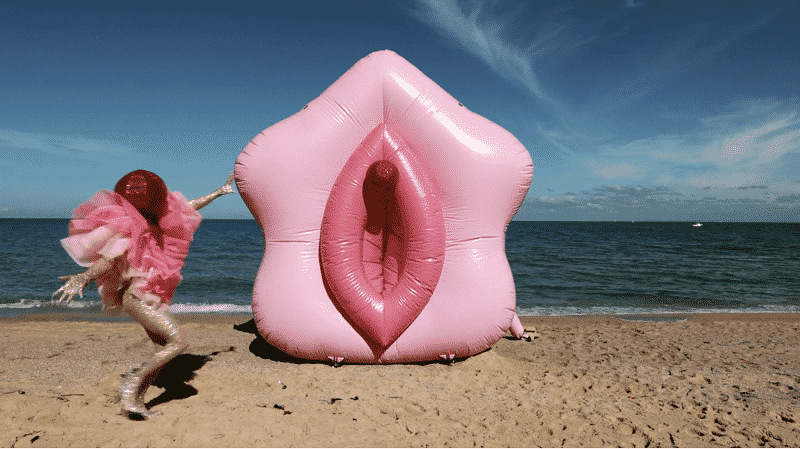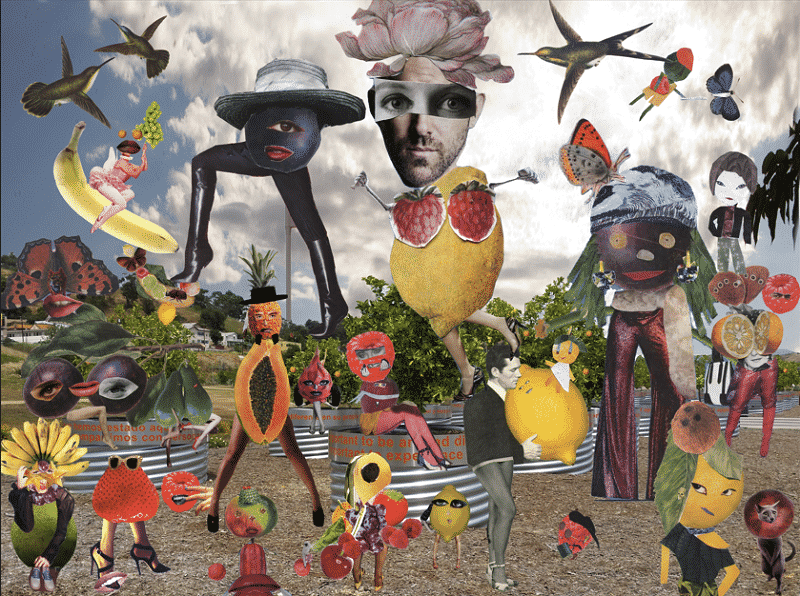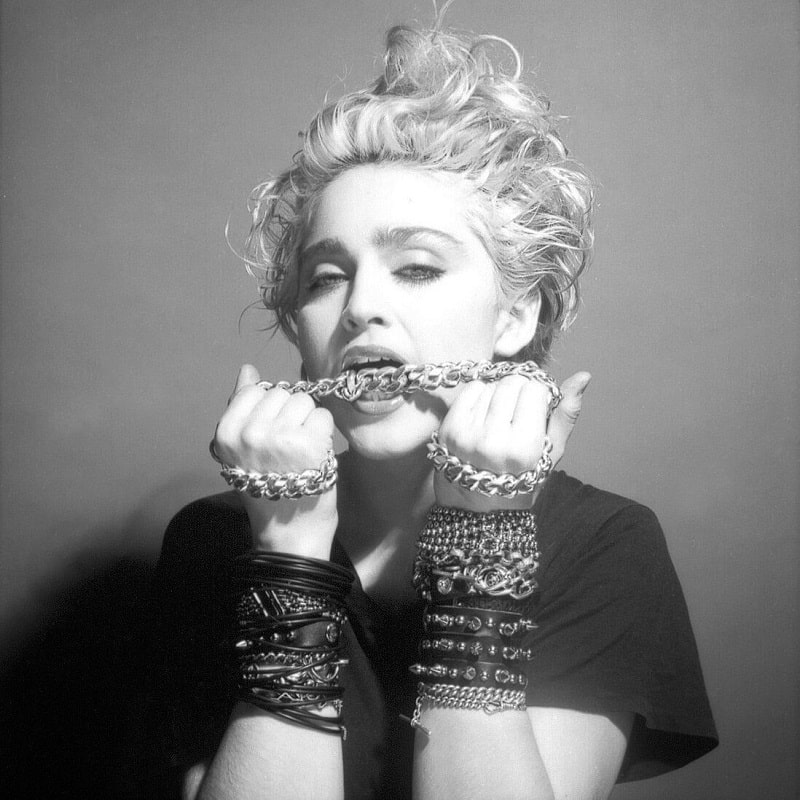In response to the growing popularity of NFTs, Culture Vault is leading the crypto-way with the launch of its new Web3 platform and physical exhibition ‘The Future is Phygital’, which invites audiences to purchase digital works/NFT’s ranging from $250 (approx. 0.05 ETH) to $250K (approx. 50 ETH).
The development of the NFT market has been slowly building for almost a decade and now the virtual enterprise is gathering a speedy momentum. The new Culture Vault initiative aims to “bridge the gap between the traditional art world and the crypto-community,” while assisting “artists and cultural brands to navigate the blockchain.”

And although NFTs are by no means limited to digital media art and practitioners, it is a particularly interesting platform for other artists working across diverse fields of practice from visual and performance art to photography, film, music, dance, sound, fashion, and more, as a means to expand their practice into the digital realm.
Culture Vault featured artists include leading national and international contemporary artists, such as Reko Rennie, Shantell Martin, Adam Briggs, Romance Was Born, Serwah Attafua, Bianca Beers, Stephen Ormandy, Mona Chalabi, Dan Hong, The Richard Bernstein Estate, Thea Anamara Perkins, Sebastian Leon, Fallen Fruit, Dylan Mooney, and dazzling theatrical duo, The Huxleys.
Exploring both the creative and earning potential of the new market, Kamilaroi man and interdisciplinary artist Reko Rennie has launched his first NFT collection of 36 digitally produced artworks in the series TOTEMIC. He says, “As an artist, I am always looking for new mediums to create work in and I feel this digital realm is not something to ignore. Working with Culture Vault is a great opportunity to explore the endless possibilities within the digital world of the arts.” Click here to view Rennie’s dynamic set of three-dimensional NFTs, exclusive to Culture Vault.

Susan Armstrong, Creative Director and Co-Founder of Culture Vault explains the hype…
What’s exciting about Culture Vault’s collection of NFTs is that many of our artists – who hail from Sydney, New York, Los Angeles, Paris, London, Japan, and Africa – are offering physical and experiential assets in conjunction with their digital work.
“For example, some NFTs come with prints, paintings, sculptures and stickers, while others give purchasers unique experiences, bespoke commissioned artwork, 3D print files and physical sculptures. Embracing the ‘phygital’ helps encourage mainstream collectors to explore the digital realm,” she adds.

In the simplest of terms, an NFT is a unique digital asset, not an actual artwork. NFTs document exclusive ownership of an original creation reciprocated in the form of an NFT – a non-fungible token purchased with Ethereum, also known as Ether (ETH) (cryptocurrency). The transaction becomes stored data using blockchain technology – an infinite digital ledger, duplicated and distributed across the entire network of computer systems on the blockchain. Once recorded transactions cannot be altered. The exchange of NFT’s between buyers, collectors, and crypto enthusiasts builds provenance of recorded digital assets and has the potential to augment greater value for both artist and owner.
“The excitement around NFTs is undeniable, and over the last year we’ve seen an increasing number of artists and brands wanting to jump on the blockchain bandwagon. To date, finding high quality digital art while trying to navigate crypto technology can be frustrating and confusing. We think Culture Vault has the unique ability to combine insider art-world knowledge and accessibility with a deep understanding of crypto technology and the D-gen community,” says CEO and Co-Founder Michelle Grey.
Culture Vault’s platform is easy to navigate and can be explored via the categorised search function – from newest to oldest, low to high or high to low prices, most coveted and most viewed NFTs, as well as by artist and curator from the dropdown menus.
‘The Future Is Phygital’ is curatorially directed by Arts-Matter, a creative community for the culturally curious. The exhibition originally scheduled to run through March at Verona Studios: 17 Oxford Street Paddington, Sydney has been postponed, please visit the Culture Vault website for updates. A diverse range of artworks will be displayed on framed digital screens and audiences will be able to purchase NFTs through QR codes. Event highlights include live performances and music by special guests.